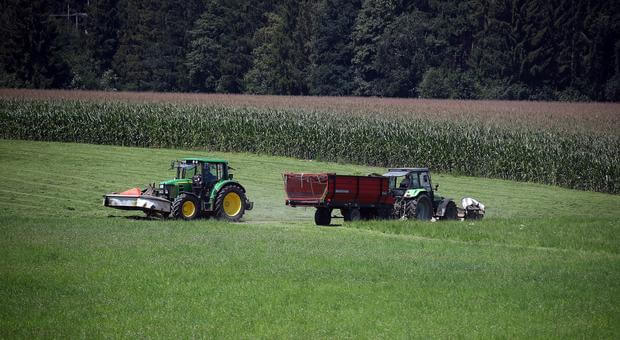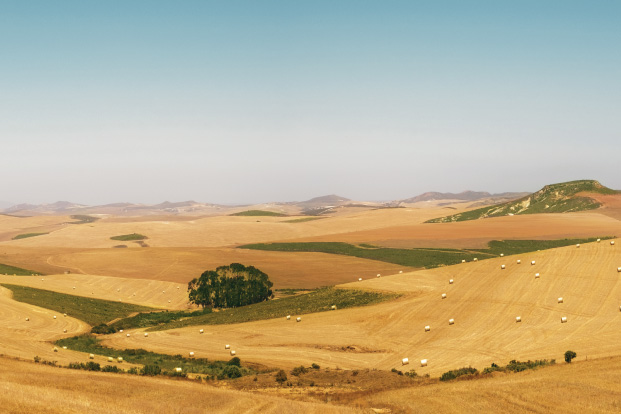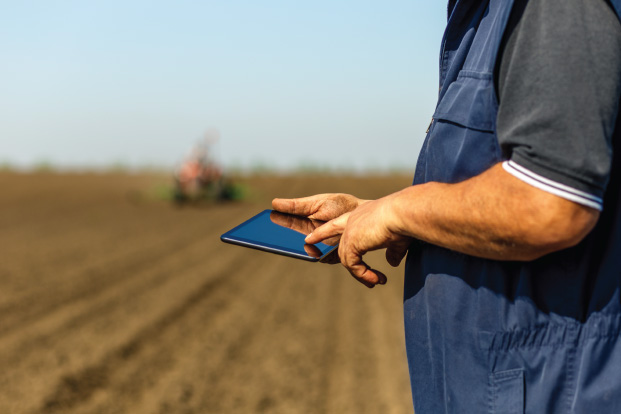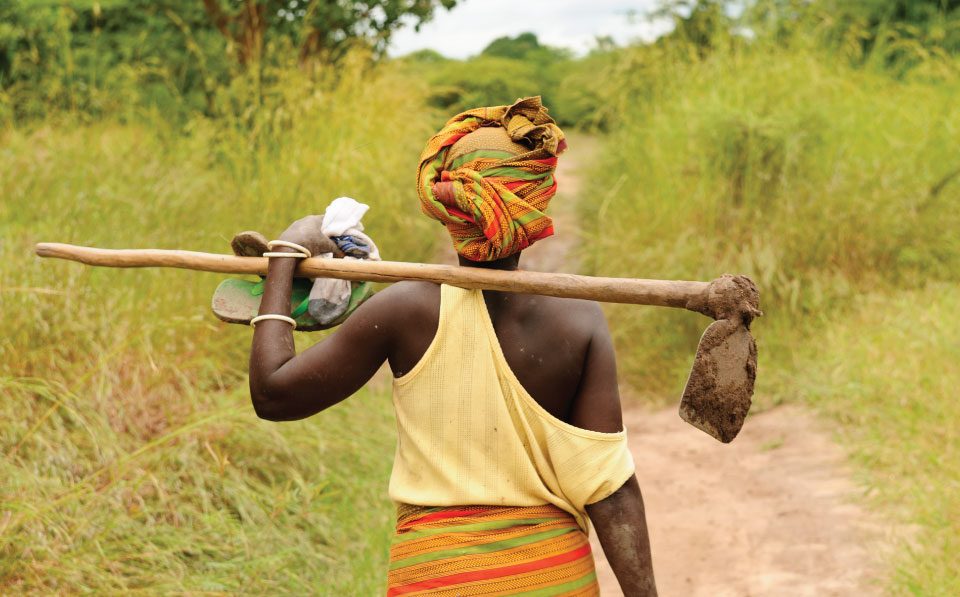Farmers Advised to Conserve Water

#AgriMarkets: Africa accounts for only 4% of global wheat production
August 15, 2018
North Africa and Middle East markets must be explored
August 19, 2018
DURBAN – Farmers have been advised to conserve water with above average temperatures are expected, particularly over the northern parts of South Africa.
The advice by the Department of Agriculture, Forestry and Fisheries (DAFF) comes after the National Agro-meteorological Committee (NAC) forecast above normal temperatures in these areas coupled with current conditions.
NAC also expects above normal rainfall over the western coastal regions from August to October and over the eastern coastal areas from October to December.
The Department of Agriculture, Forestry and Fisheries(DAFF) director for climate change and disaster management ,Dr Ikalafeng Kgakatsi, said that livestock must continually be kept in line with carrying capacity of the veld and be provided with additional feed such as relevant licks.
“They should also be provided with enough water points on the farm as well as shelter during bad weather conditions,” said Kgakatsi .
He added that there was a high fuel load in summer rainfall areas and the windy period of August to September was approaching, increasing the risk of veld fires.
He said the creation of fire belts should be prioritised as well as adherence to veld fire warnings.
Episodes of cold spells and localised flooding resulting from frontal systems remained likely and called for measures to be in place. Farmers are encouraged to implement measures provided in the early warning information issued.
Kgakatsi said that challenges with communication facilities in most districts in the provinces inhibited both the dissemination and access to information thus undermining the effectiveness of the early warning system.
NAC said the conditions in provinces during June/July 2018 saw water restrictions still being in place in some provinces with drought continuing in others.
Veld and livestock were in reasonable to good condition. The harvesting of summer crops was underway in some areas with a good yield. Winter crops were also in good condition.
Veld fires have been reported in Free State, North West and KwaZulu-Natal. The average dams levels had increased in the provinces except for Limpopo and North West where they declined.
Agricultural Business Chamber head agricultural economist Wandile Sihlobo said while South Africa was in a good grow-up conditions currently, there were forecast of a weak El Niño when looking into the next year or so.
“The climate has really changed calling for harder thinking in our the production methods and the checking of the role that technology could play,” said Sihlobo.
Sihlobo said it was still early to predict the effect of this weather pattern on the agricultural produce.
FNB senior agricultural economist Paul Makube said the forecasts must be seen in the context of the current practises and crop or livestock requirements for the various areas as the impact tended to differ.
“Above normal temperatures are associated with stressful conditions and high water demand for both livestock and crops such as vegetables or pastures. The implications are that the new crop season might be drier than expected and producers must gear themselves by procuring drought resistant cultivars and planting crops later in the growing season especially those that do not require too many heat units to produce, eg sunflower,” said Makube.
Makube said the grazing for livestock in affected areas would also be negatively impacted and producers would have to prepare timeously to ensure sufficient feed supply as well as maintaining the stocking rate in line with the carrying capacities of their farms.
“The 2018/19 season might deliver a smaller crop with the subsequent increase in grain prices which will put upward pressure on feed costs in the livestock sector. This will further dampen the food inflation outlook which has relatively been contained in the past few quarters.”
Sourced: iol



